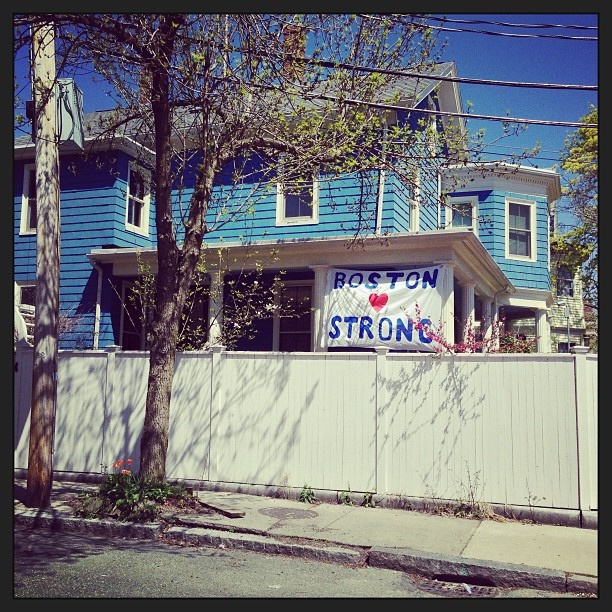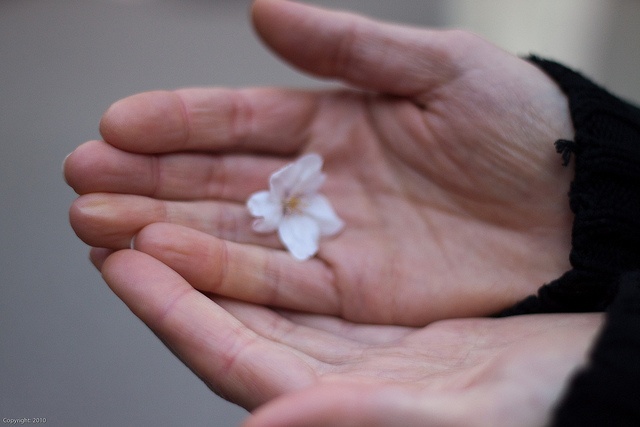After learning about the Adverse Childhood Experiences (ACE) Study while in graduate school, I experienced an epiphany. As a public health student, not only was it a revelation to learn about such a revolutionary study in the field of trauma, but also a personal moment of clarity. Finally, for the first time in my life, I felt as if all the previous adverse experiences I had endured were universal, normalized, categorized, understood—and I wasn’t alone.

This week is the anniversary of the Boston Marathon bombing and the gunfight and manhunt in Watertown that followed a few days later. When I remember this time 3 year ago, I think of the people at the finish line—those who were lost, others who survived the traumas, and the people who risked their lives to help strangers—and most importantly the resiliency shown by so many.
As a Watertown resident, I also think of my experience being on “lock down” in my home. I live close enough to the location of the gunfight that my husband heard the sounds as they occurred. I was awakened by helicopters flying low over my house in the middle of the night.
04/18/16 02:37 PM | Christina Murphy | Trauma, Resiliency
Read More
Empathy is a critical communication skill for all people and is especially important for health care providers. Some individuals lack the capacity to understand how their actions make others feel. Adults with cognitive difficulties, histories of repeated trauma, and even so-called “normal” people can have difficulty connecting and understanding other people’s experiences. These people lack empathy.
04/13/16 09:55 AM | Gloria Dickerson | Health Care, Trauma
Read More
When I go to a shelter, I don’t get any sleep. Sometimes it's because people wake up at 4:30 am and scream at the top of their lungs. Sometimes it’s because people are up watching TV and walking around.
But mostly, it's because the shelter is not a safe place. The first time I went to a shelter, I was 18 years old. I thought my life was over, and that I would have no social life. As a gay male, I was immediately harassed. I went to sleep every night just wishing that it would be over and wondering why I didn’t have my own place or at least some privacy.
04/7/16 11:47 AM | M | Youth, Homelessness, Resiliency
Read More






